The Team
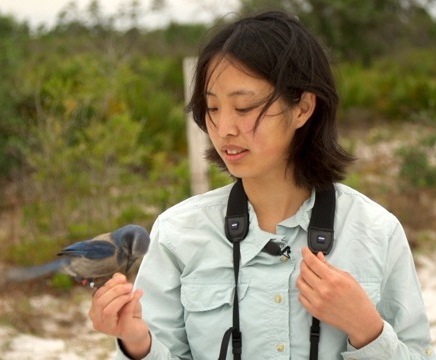
Nancy Chen - Principal Investigator
Nancy is an evolutionary biologist interested in the genomic basis of contemporary evolution in natural populations. Her research integrates genomics and long-term demographic studies to characterize the evolutionary processes shaping patterns of variation across the genome through space and time. Nancy is committed to promoting equity and inclusion in STEM. She enjoys running, hiking, cooking, and playing board games. CV
Email: popgenchen@ucla.edu
Pronouns: she/her/hers
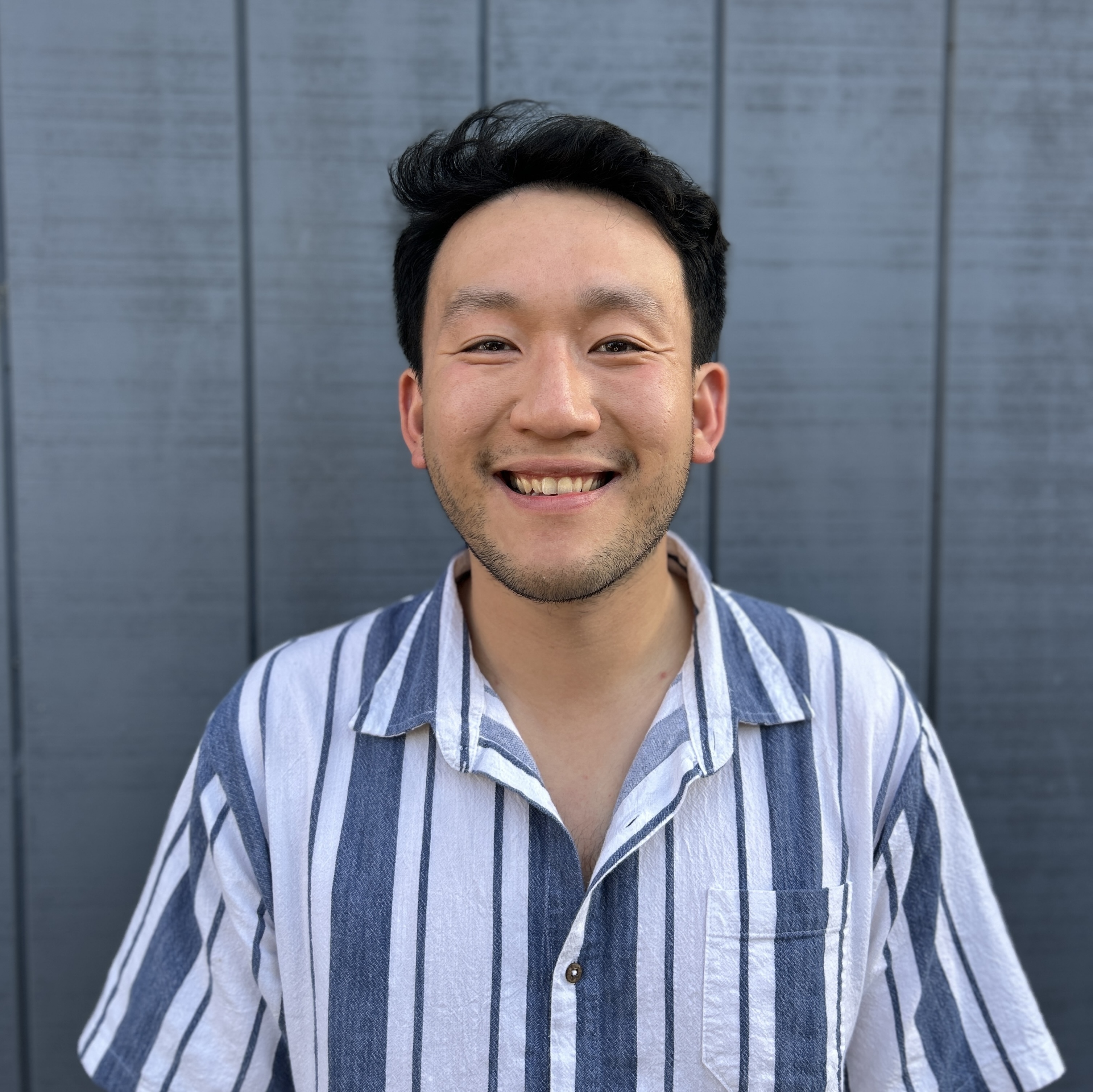
David Tian - Postdoctoral Scholar
David is an evolutionary biologist interested in how small populations evolve and developing predictive models for their conservation and management. He is integrating genomic, pedigree, and life-history data in Florida Scrub-Jays to investigate how gene flow impacts phenotypes, fitness, and population dynamics over time. He hopes that by taking advantage of naturally occurring cases of multigenerational immigration into small populations, we can improve decision making surrounding genetic rescue of endangered populations. David earned his PhD in Chris Martin’s lab at UC Berkeley. His dissertation investigated the genomic consequences of long-term small population size and isolation in the Devils Hole pupfish. In his free time, David enjoys cycling, cooking, and hiking with his dog Cosmo. For more, see David’s website.
Pronouns: he/him/his
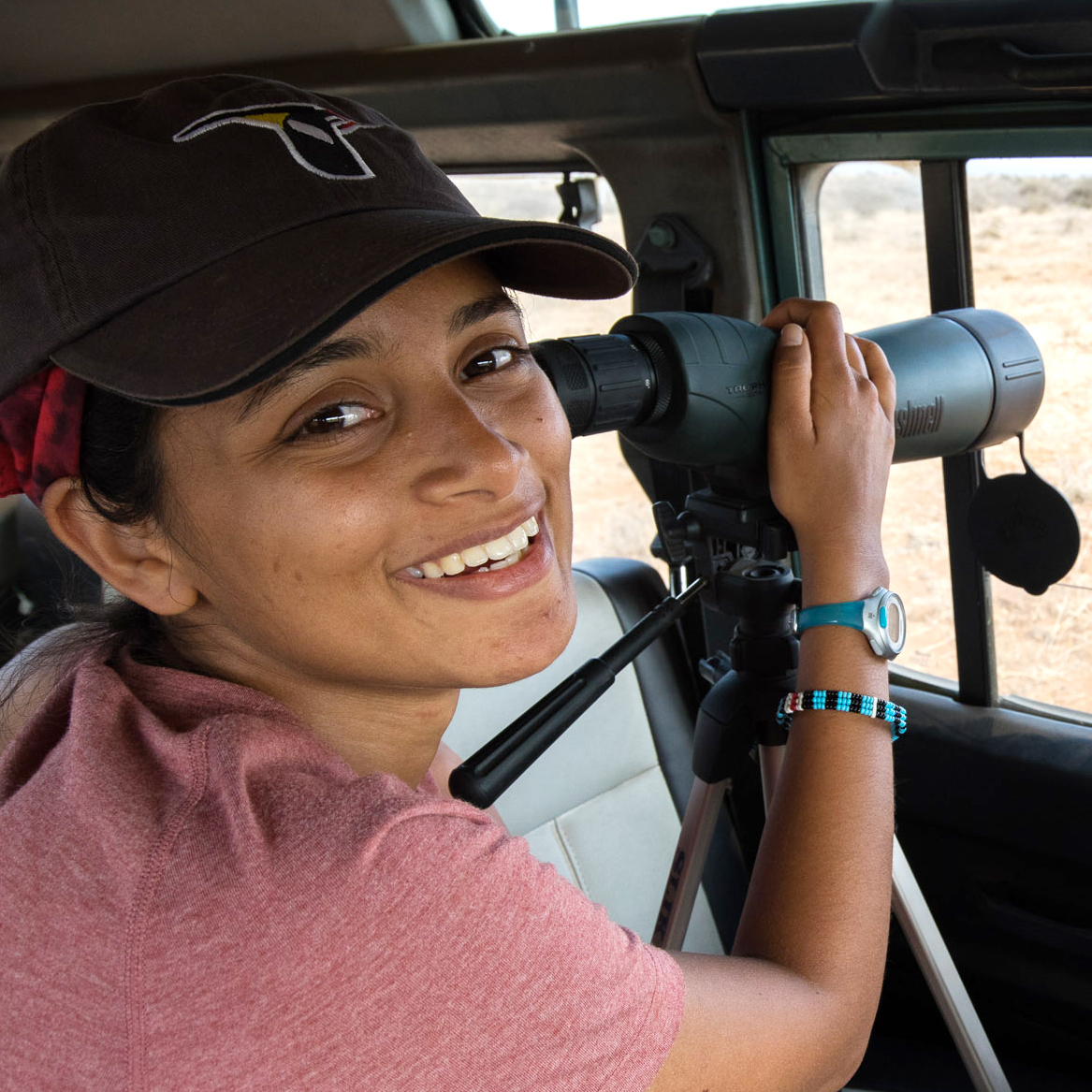
Shailee Shah - Postdoctoral Scholar
Shailee is interested in the movement and dispersal of organisms in response to ecological and social factors, and the resulting group and population dynamics. She is studying Florida scrub-jay dispersal patterns on both an individual and population level. She hopes this work will help us better understand what non-scrub habitat Florida scrub-jays prefer to use for movement between scrub habitat and help inform future conservation and management decisions. Shailee earned her Ph.D. in Dr. Dustin Rubenstein’s lab at Columbia University. Her doctoral dissertation investigated the socioecological drivers of complex social structure in an avian cooperative breeder, the superb starling. In her free time, Shailee enjoys reading (a lot), photography and hiking with her dog, Gus. For more, see Shailee’s website.
Pronouns: she/her/hers
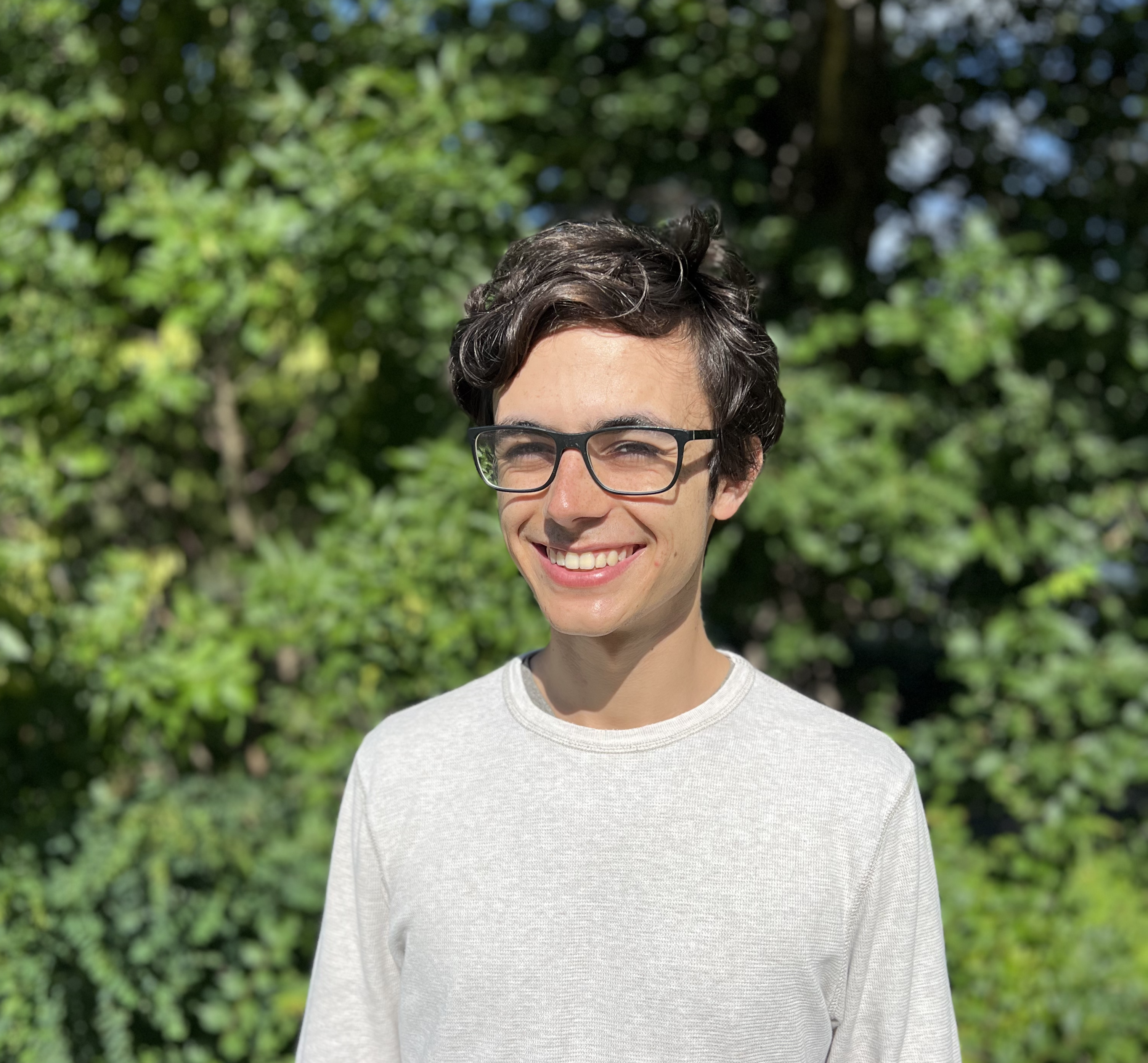
Brian Kirz - Graduate Student
Brian joined the Chen Lab in 2024 as a graduate student. He is interested in the relative importance of selection, drift, and gene flow, as well as how they shape variation in natural populations. His work with the North American red squirrel investigates the effect of fluctuating environments on variation in fitness, long-term genetic contributions, and genome-wide selection. Outside of the lab, Brian enjoys poetry, biking at night, and overly complicated map games.
Pronouns: he/him/his
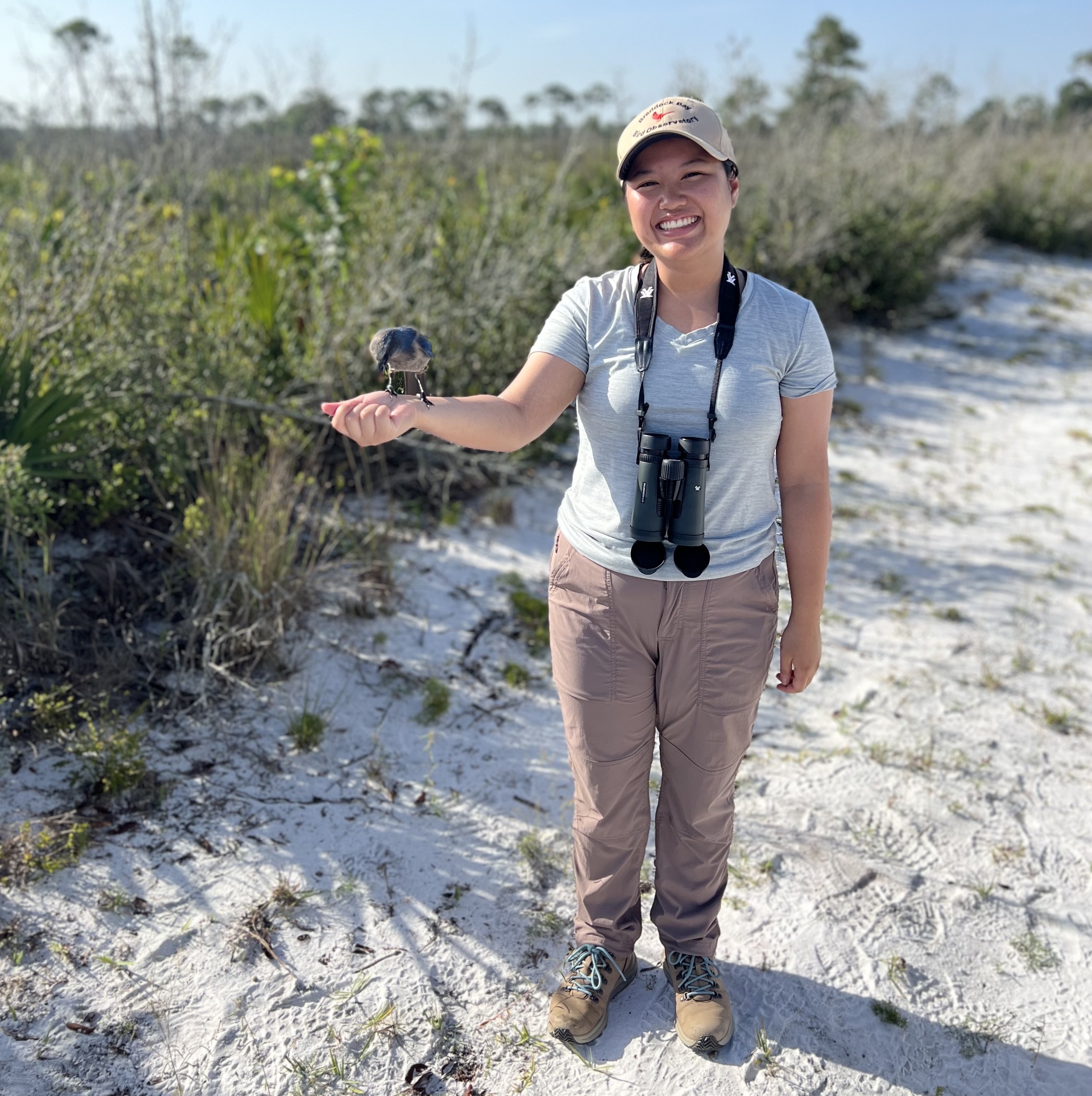
Faye Romero - Graduate Student
As a PhD student in the Chen lab, Faye is interested in using genomics, computational biology, and population genetics to better understand how inbreeding impacts the fitness of small, threatened populations. Specifically, she is investigating the underlying genetic architecture of inbreeding depression: how does elevated inbreeding manifest in the genome, and what regions of the genome contribute to fitness, and ultimately, population decline? During her undergraduate, she used museum specimens to determine how hummingbirds have responded to human-induced environmental change. Faye also loves to swing dance, birdwatch, and play video games! For more, see Faye’s website.
Pronouns: she/her/hers
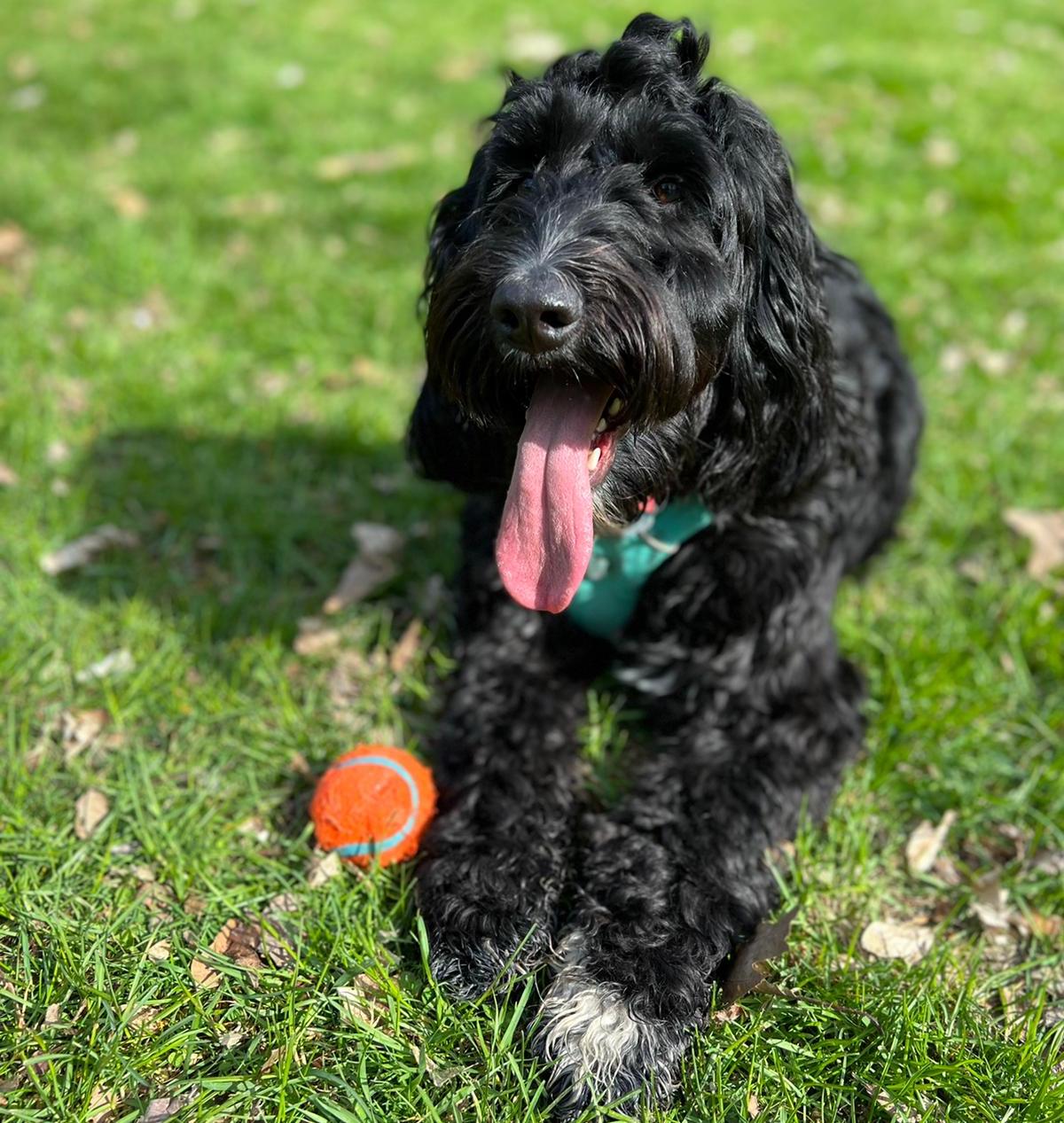
Minka - Lab pet
Minka is a springerdoodle who loves chewing on sticks, is obsessed with balls, and wants to play with every person/dog/cat she meets.
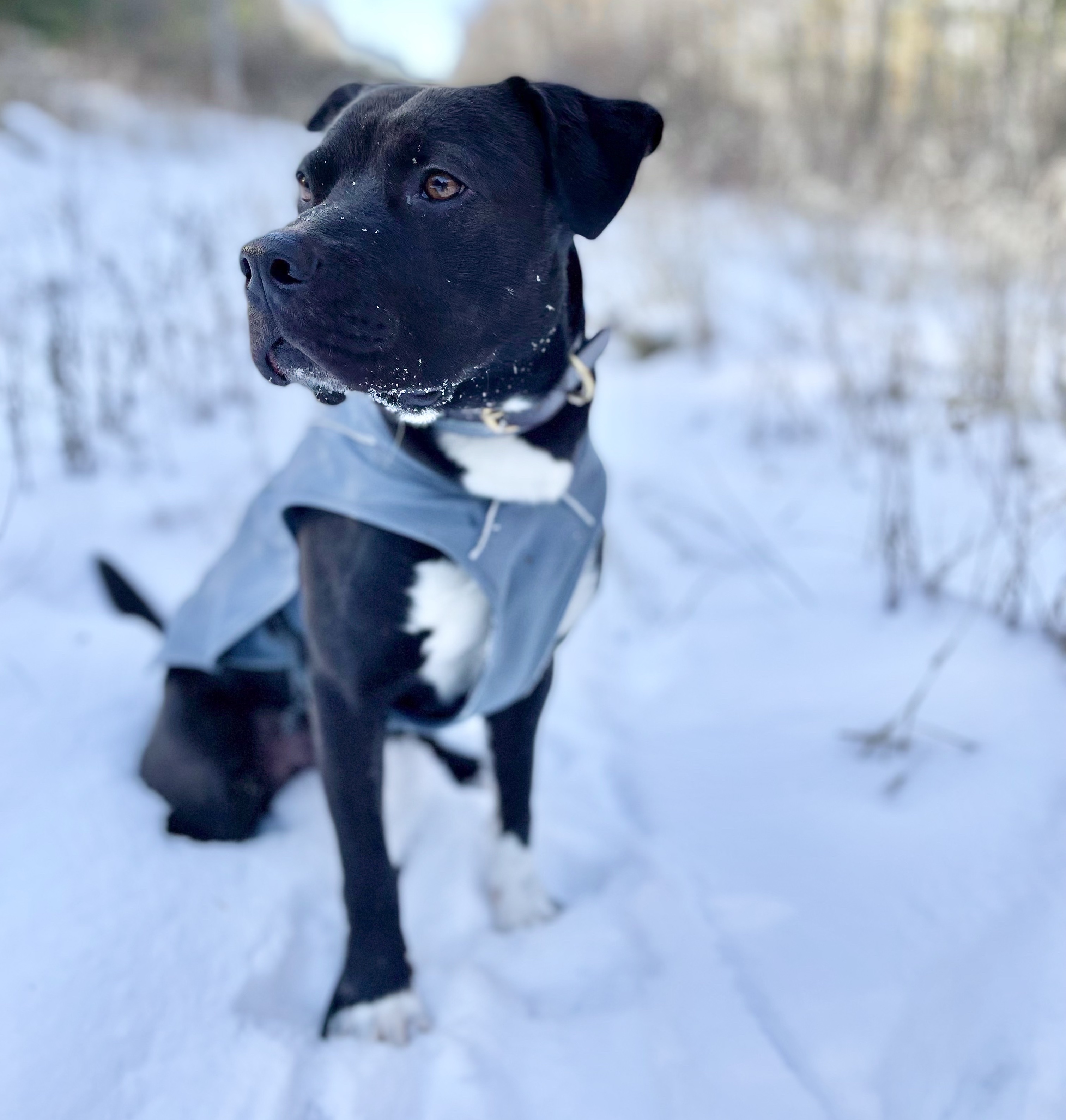
Gus - Lab pet
Gus is a rambunctious, teen-aged (in dog years) rescue pup who wants nothing more than to lie on your lap so that you are forced to write while he takes a well-earned nap.
The Chen lab is recruiting motivated undergrads, grad students, and postdocs. Please contact me if you’re interested in joining the lab!
Lab Alumni
Felix Beaudry (postdoc) - became a Research Associate at the Ontario Institute for Cancer Research
Tamanna Bhatia (undergraduate)
Michaela Burrell (undergraduate) - became a high school biology teacher
Jonathan Chow (undergraduate) - became a MS student at Georgia Tech
Tiffany Dias (undergraduate) - became a PhD student at the University of Michigan
Abby Eckert (undergraduate) - became an environmental scientist
Elizabeth Flesch (postdoc) - became a biologist at USFWS
Alex Gaston (undergraduate) - became a MS student at Rutgers
Xuewen Geng (undergraduate) - became a PhD student a UWaterloo
Syed Ars Ghani (undergraduate) - became a Take 5 Scholar
Kristin Hardy (undergraduate) - became a PhD student at UC Davis
Martha Hoffman (post-bac research intern) - became a vet student at Cornell
Blue Hovmand Warner (undergraduate)
Bailey Jones (visiting undergraduate) - became a lab tech at Yale
Matthew Le (undergraduate) - became a MS student at USC
Lindsey Perrin (Master’s student) - became an artist and animal care attendant
Nandini Samanta (undergraduate) - became a lab tech at Harvard
Siddarth Seenivasa (undergraduate)
Daniel Seidman (postdoc)
Gladiana Spitz (undergraduate) - became a PhD student at CU Boulder
Jeremy Summers (PhD student) - became a postdoc at Virginia Tech
Ceylin Zeybek (visiting undergraduate) - became a PhD student at Kyoto University
Bo Zhou (undergraduate) - became a MEng student at UC Berkeley
Ph.D. rotation students: Maria Isabel Castano, Rose Driscoll, Matthew Lindsay

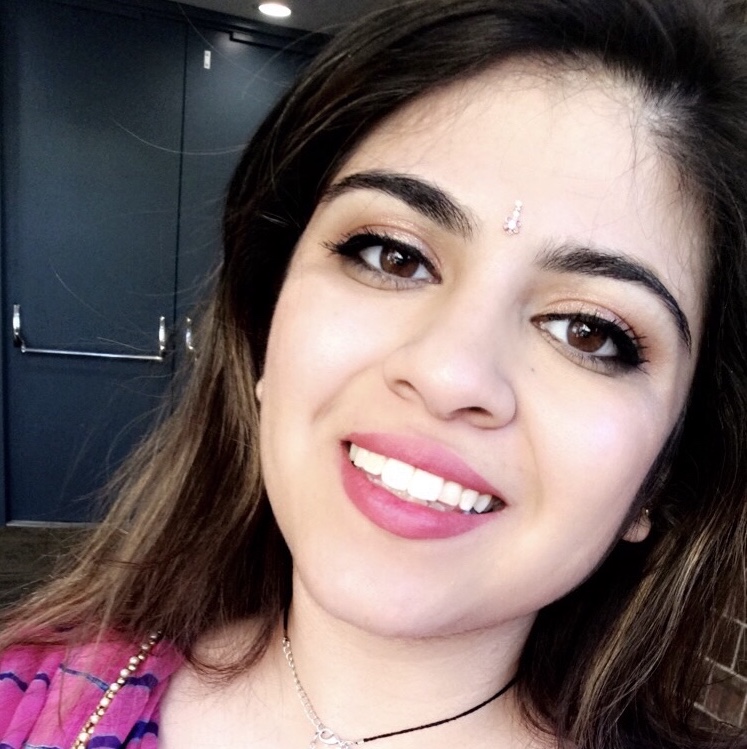
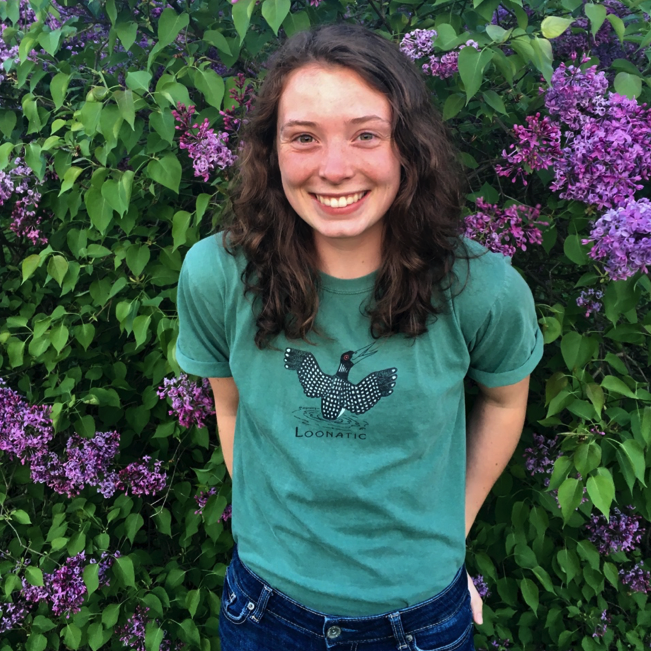
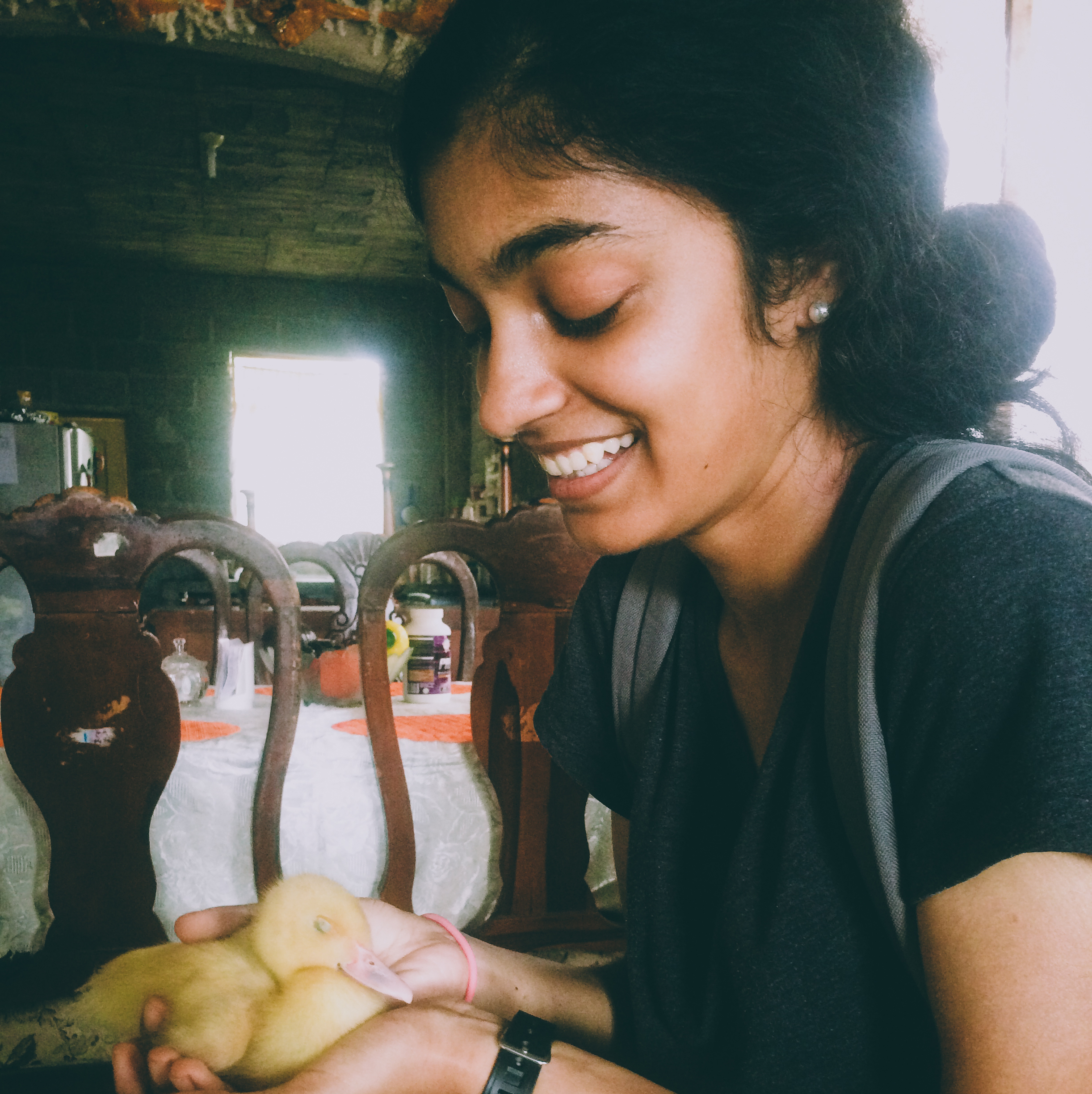
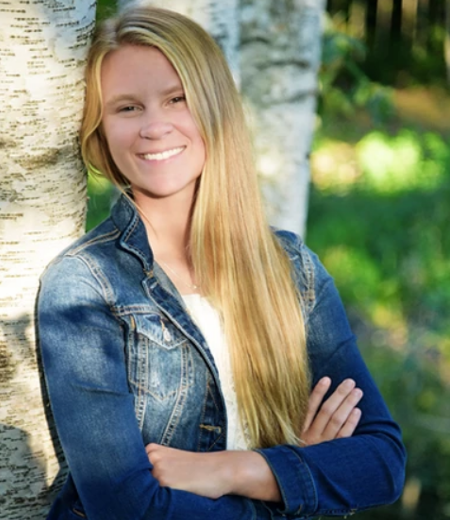
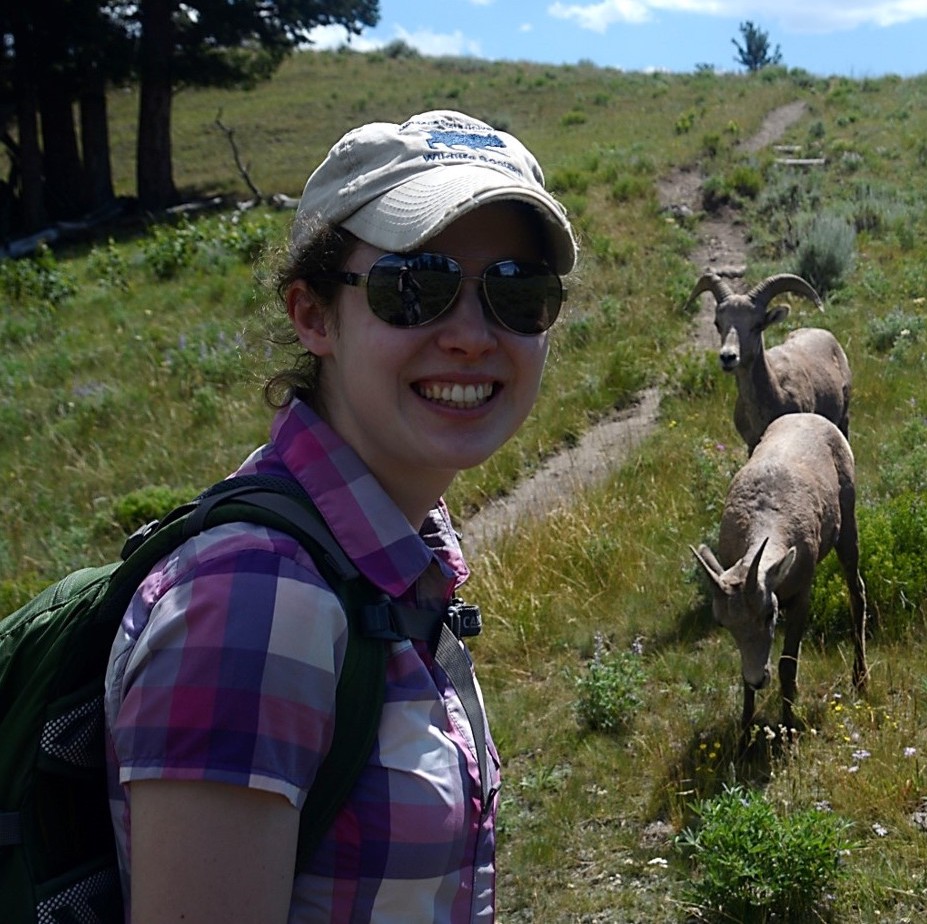

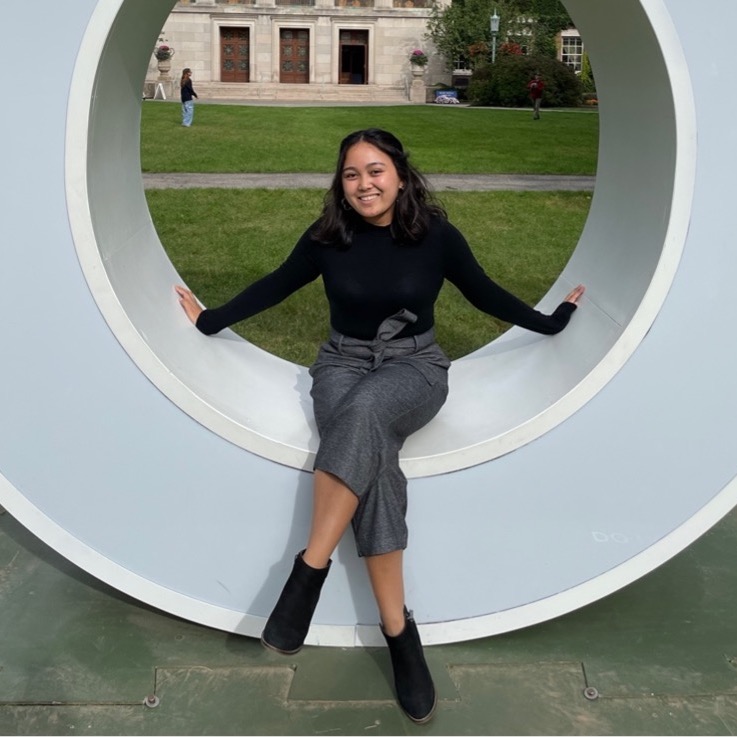
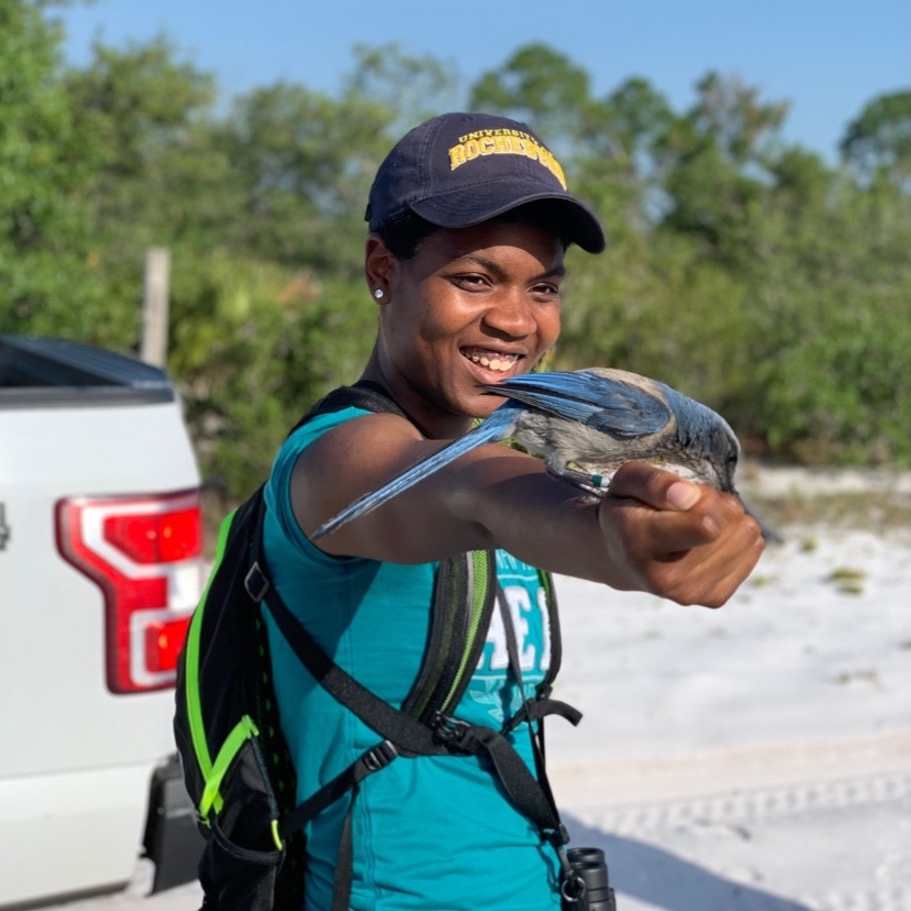
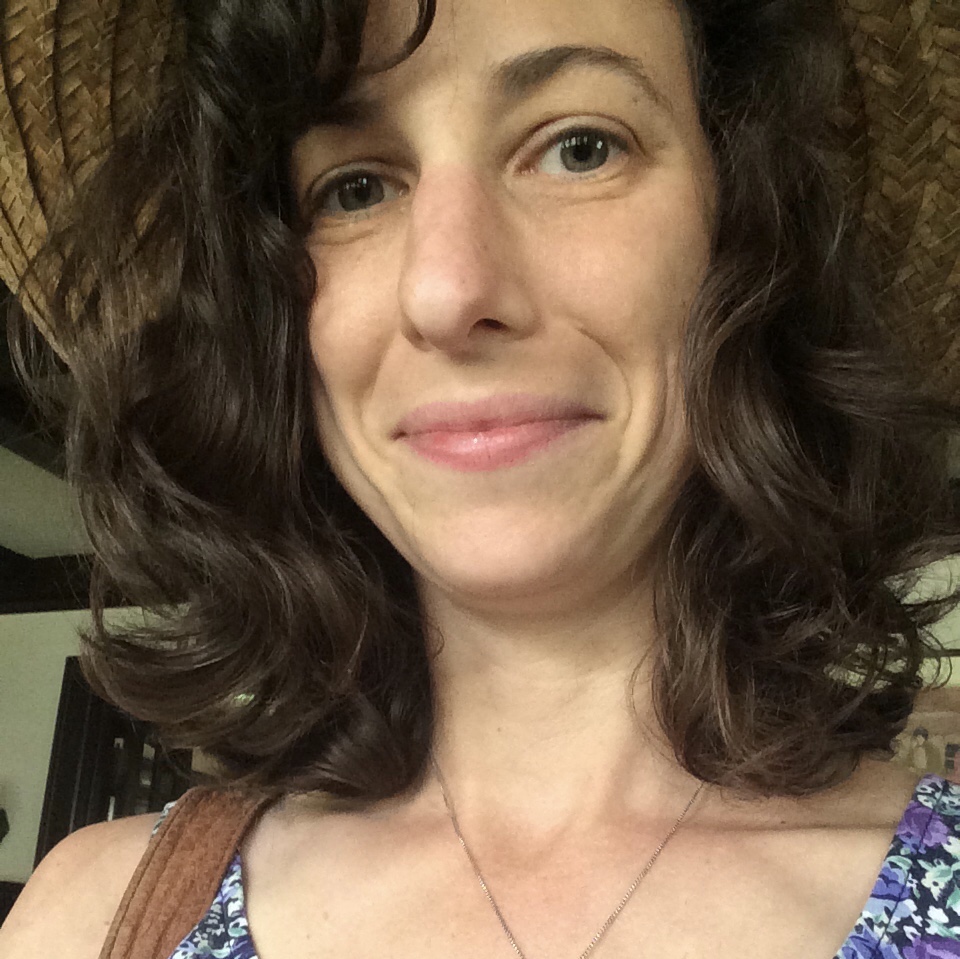
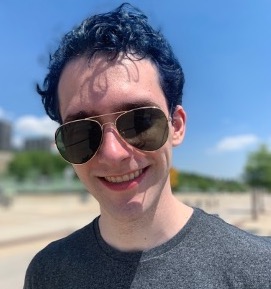
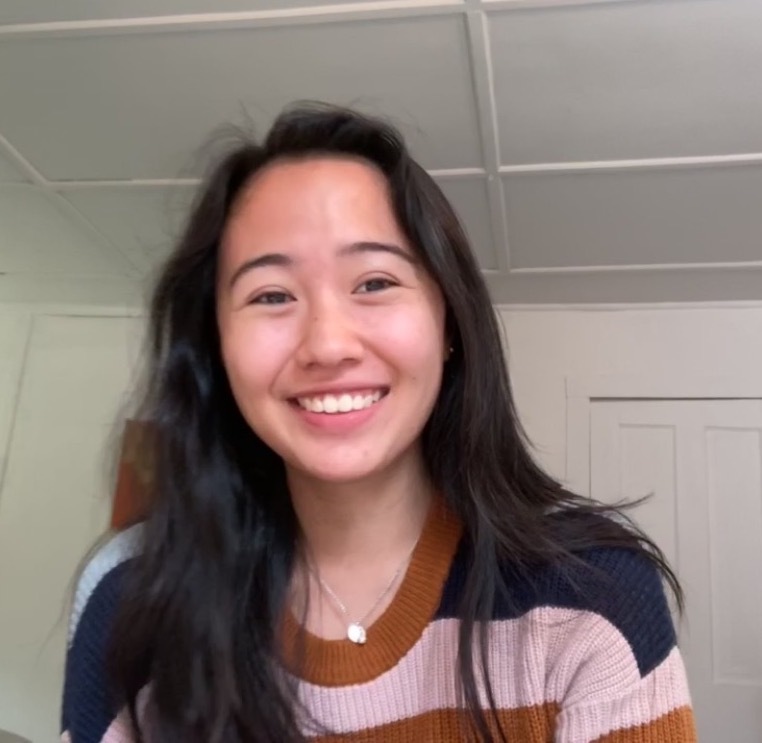
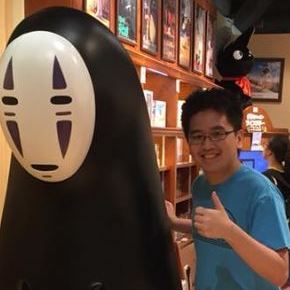

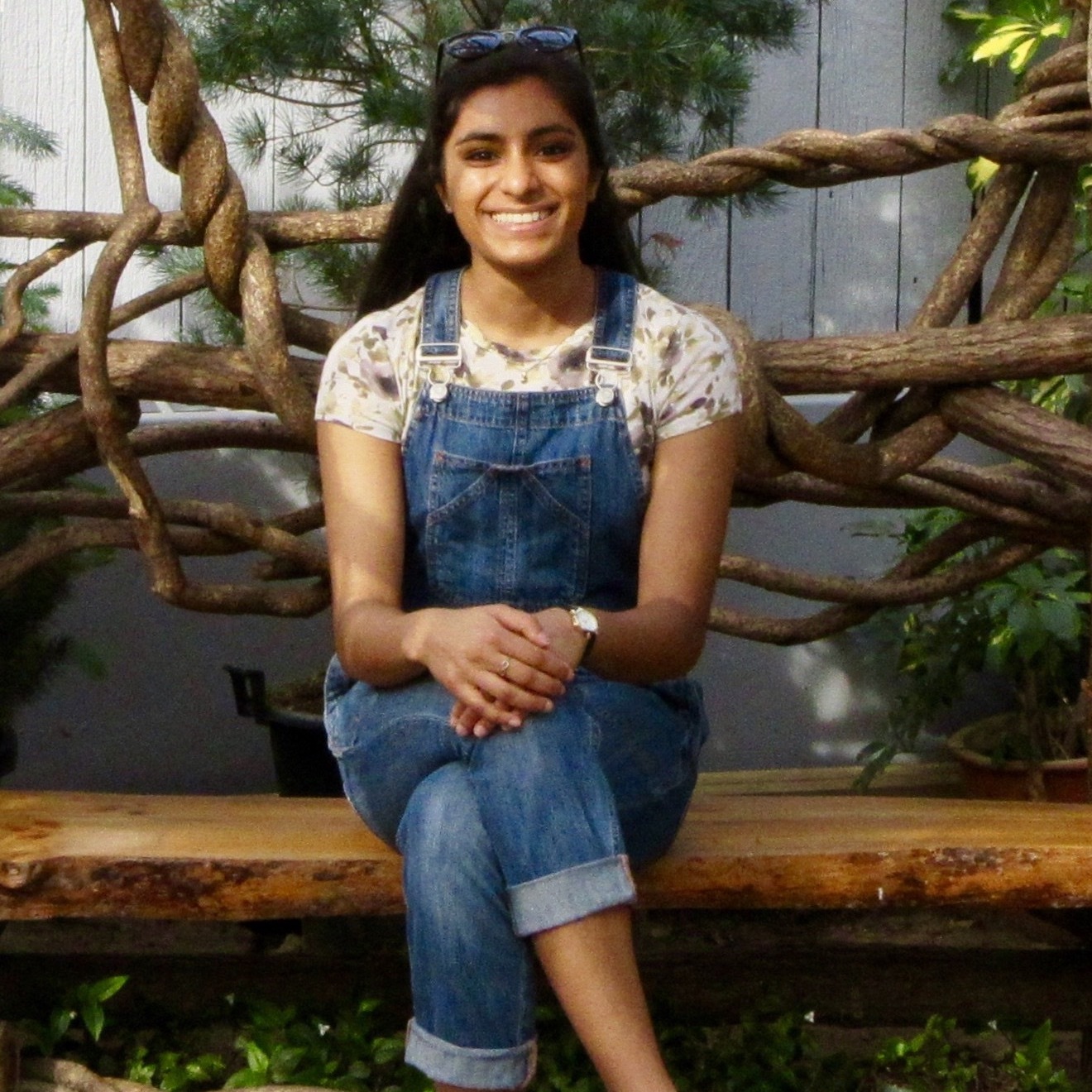
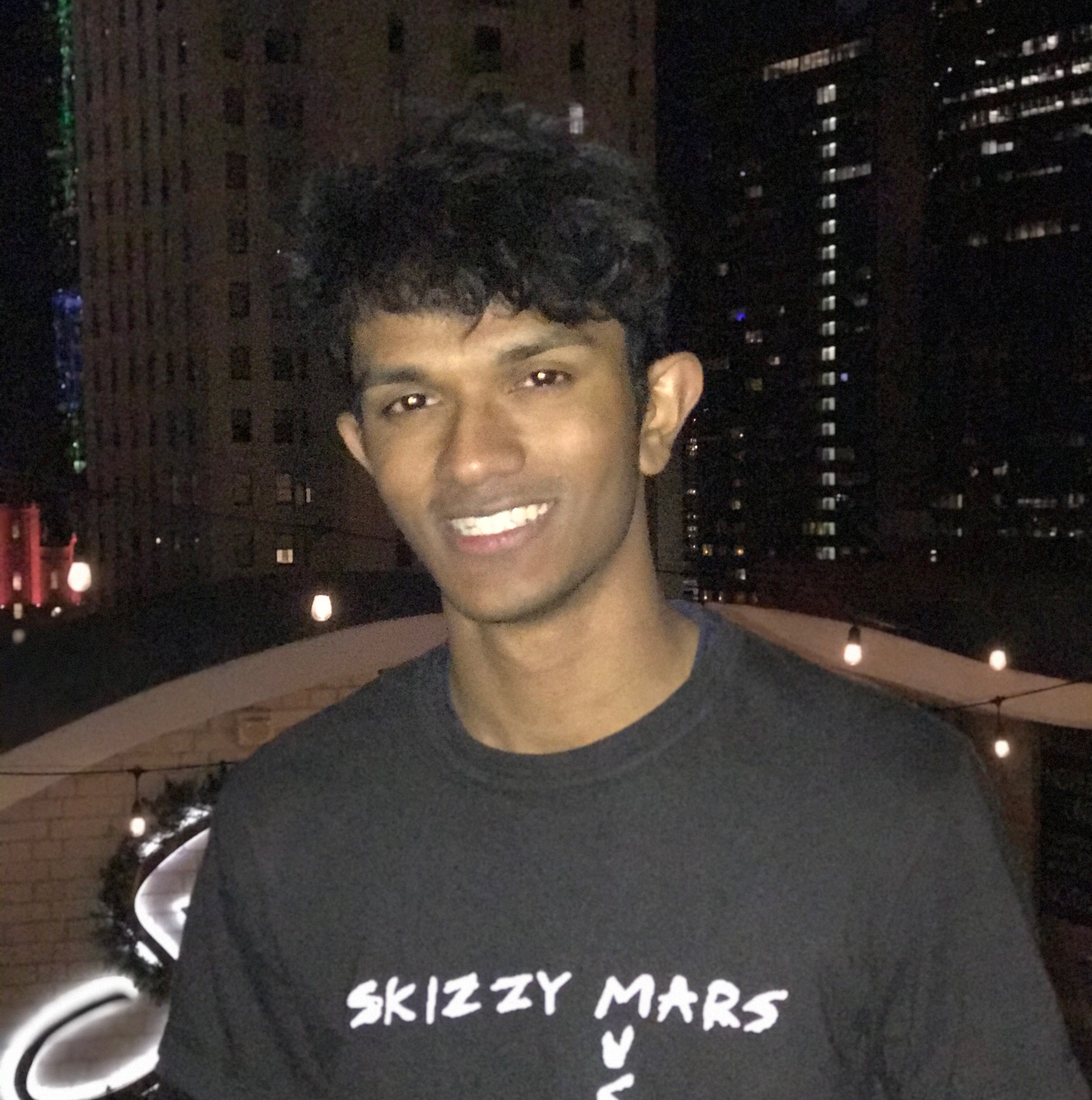
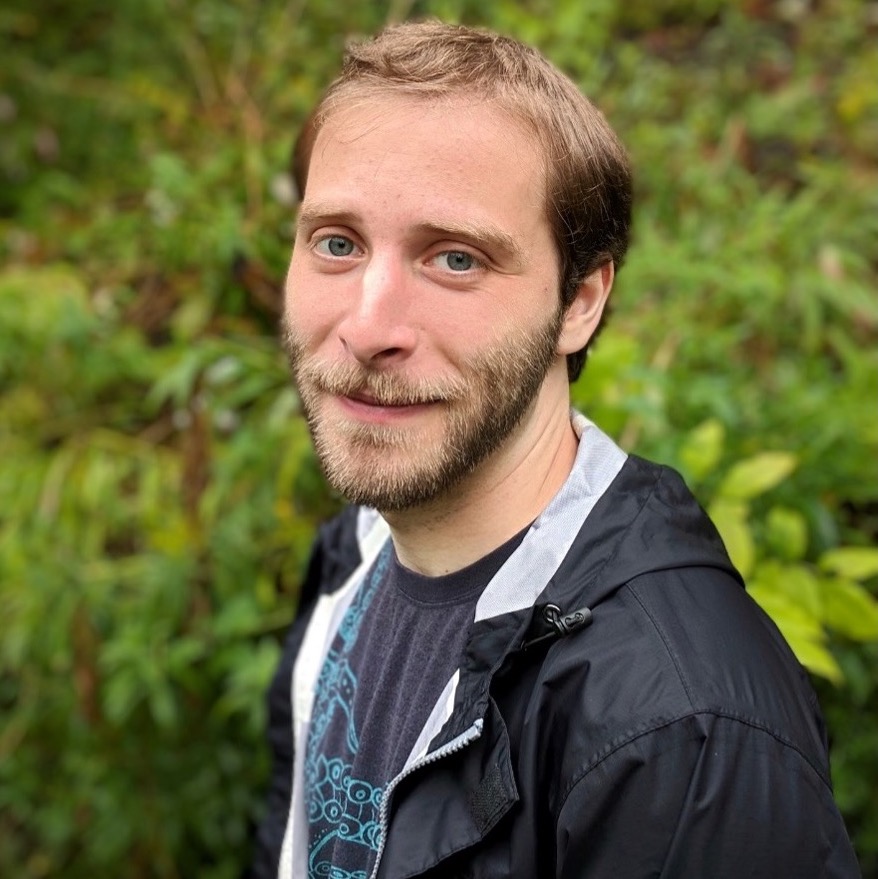
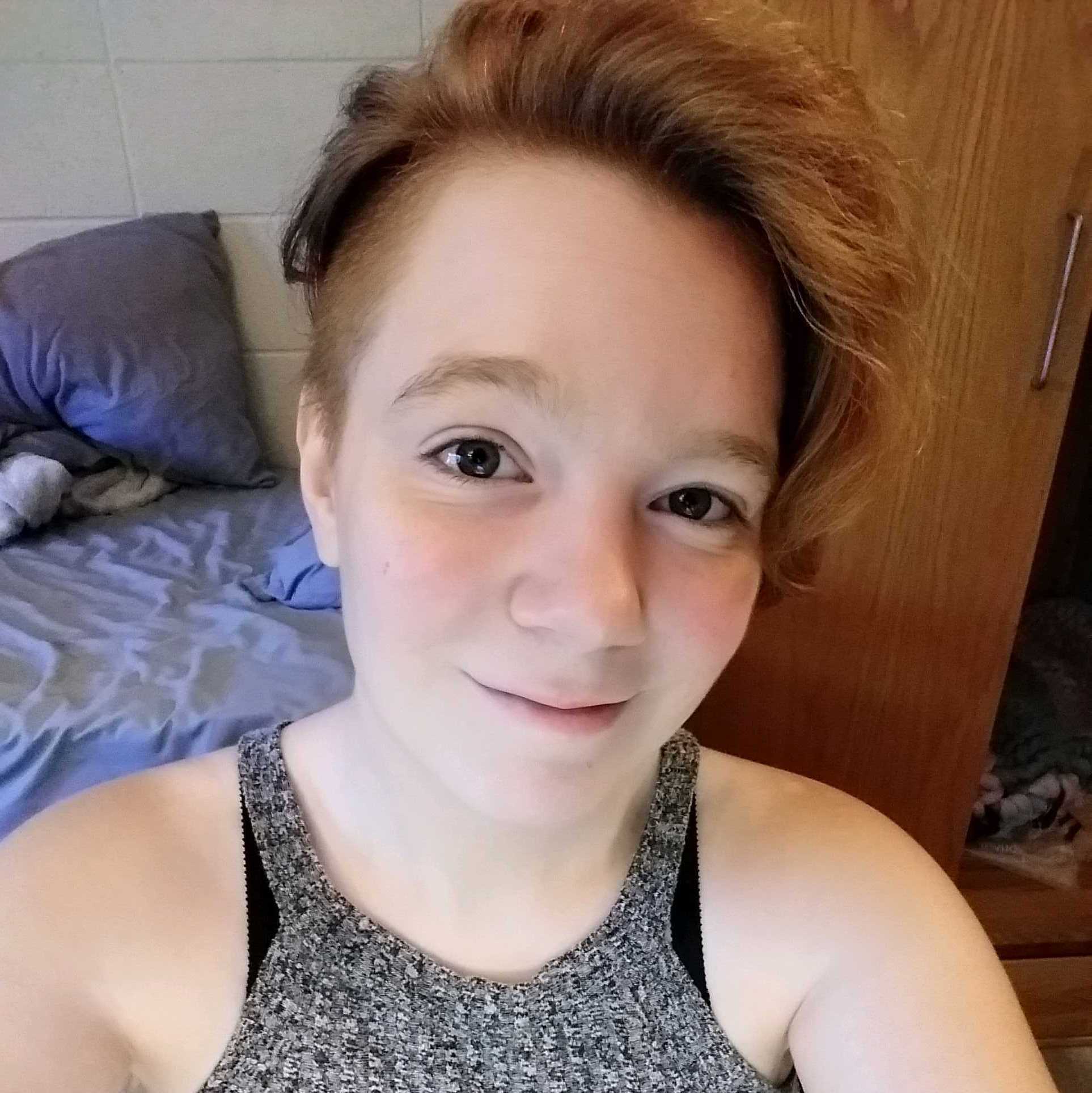
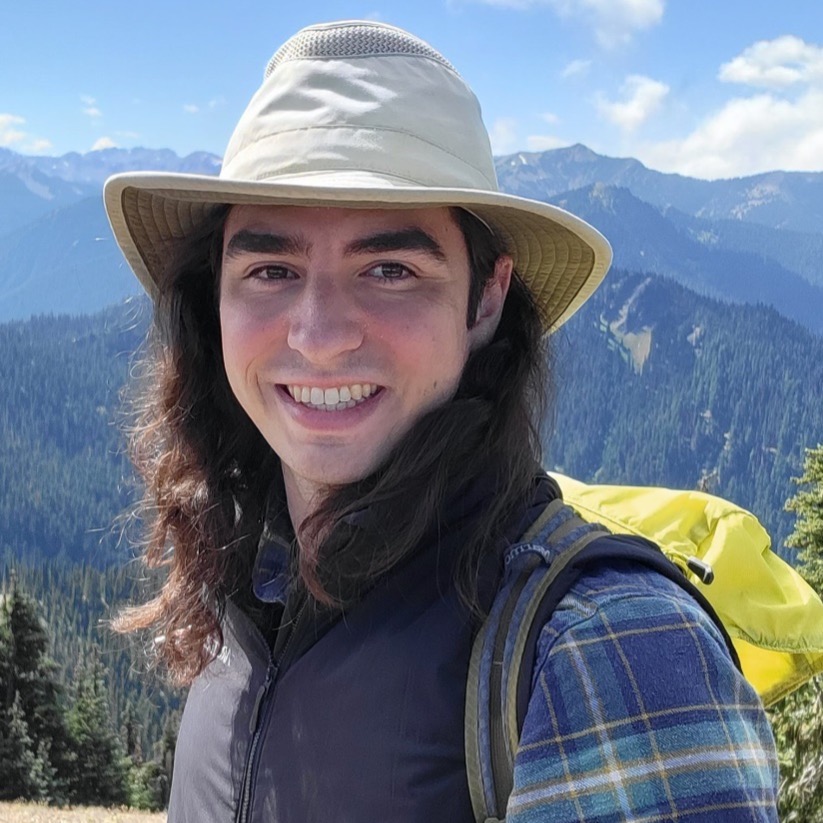
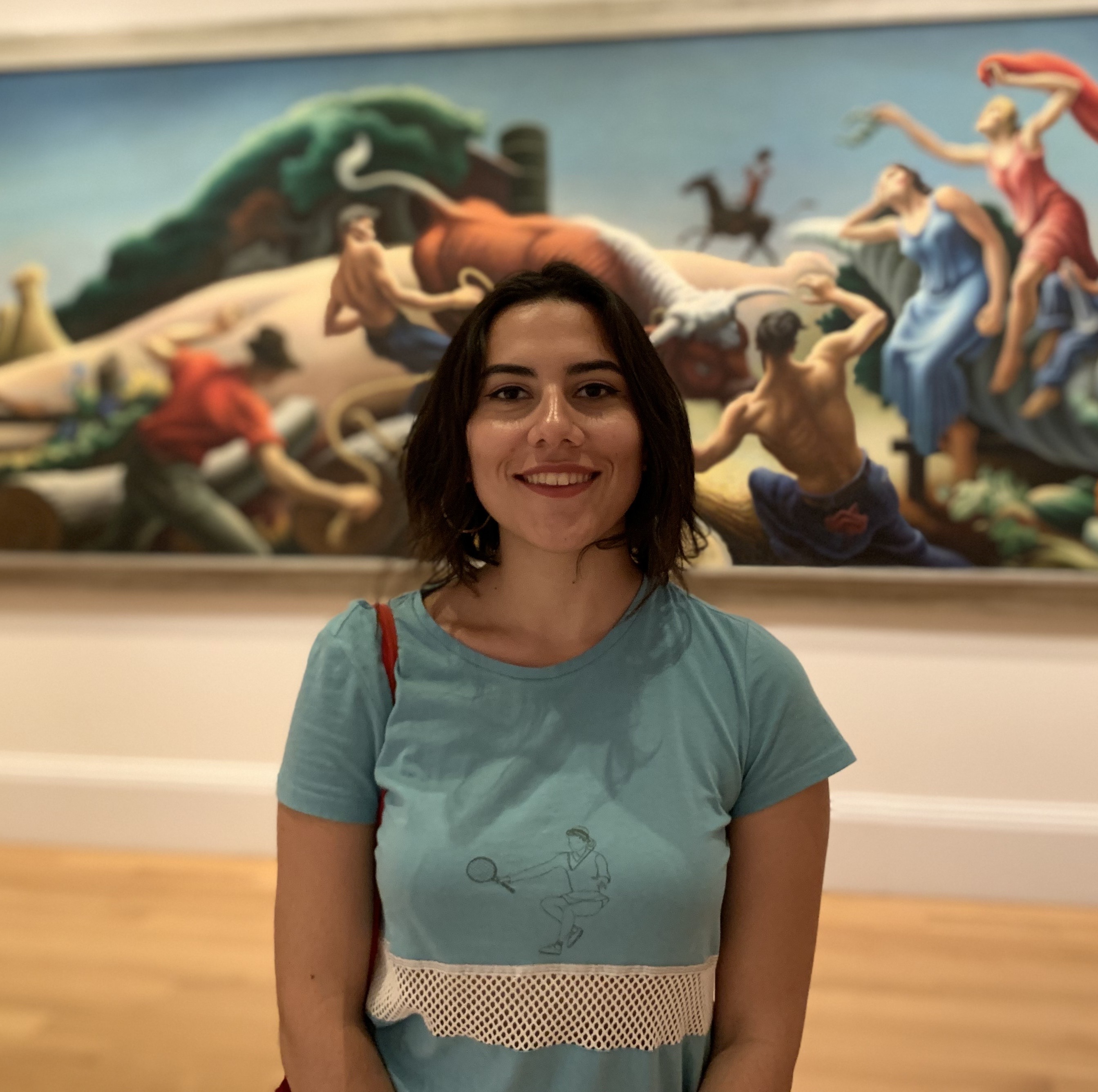
Collaborators
Sahas Barve, Archbold Biological Station
Andy Clark, Cornell University
Ben Dantzer, U Michigan
John Fitzpatrick, Cornell Lab of Ornithology
Kelley Harris, University of Washington
Steve Schoech, University of Memphis
Susan Johnston, University of Edinburgh
Andrew McAdam, CU Boulder
Jay Rotella, Montana State University
Scott Edwards, Harvard University